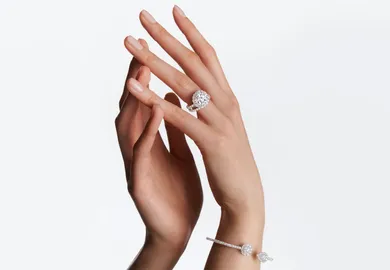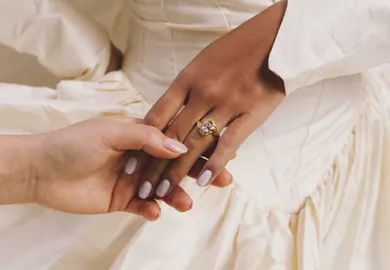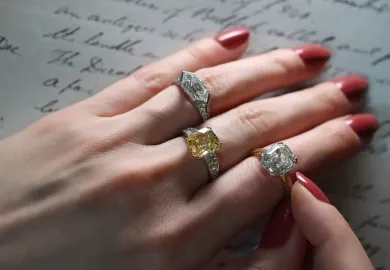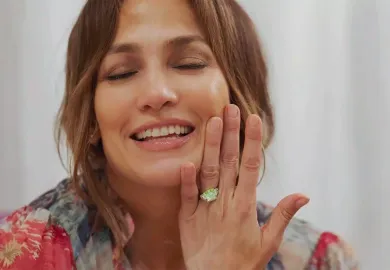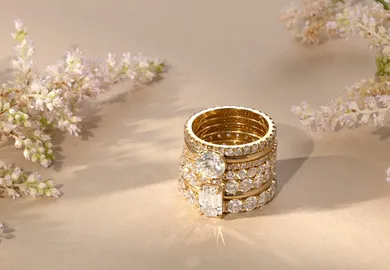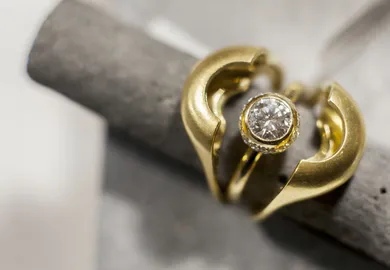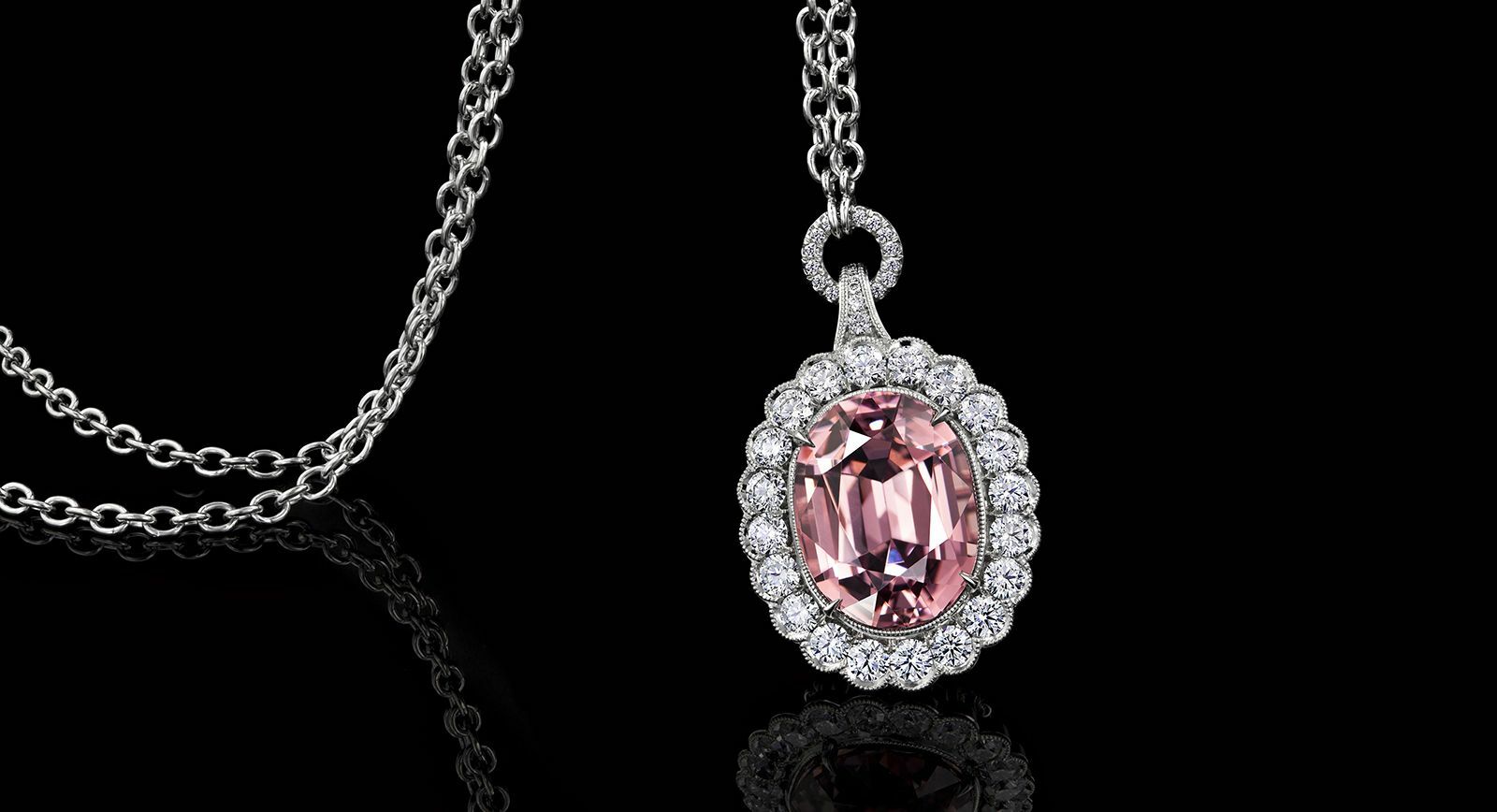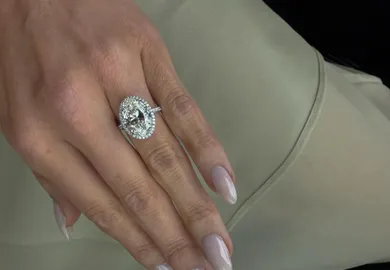
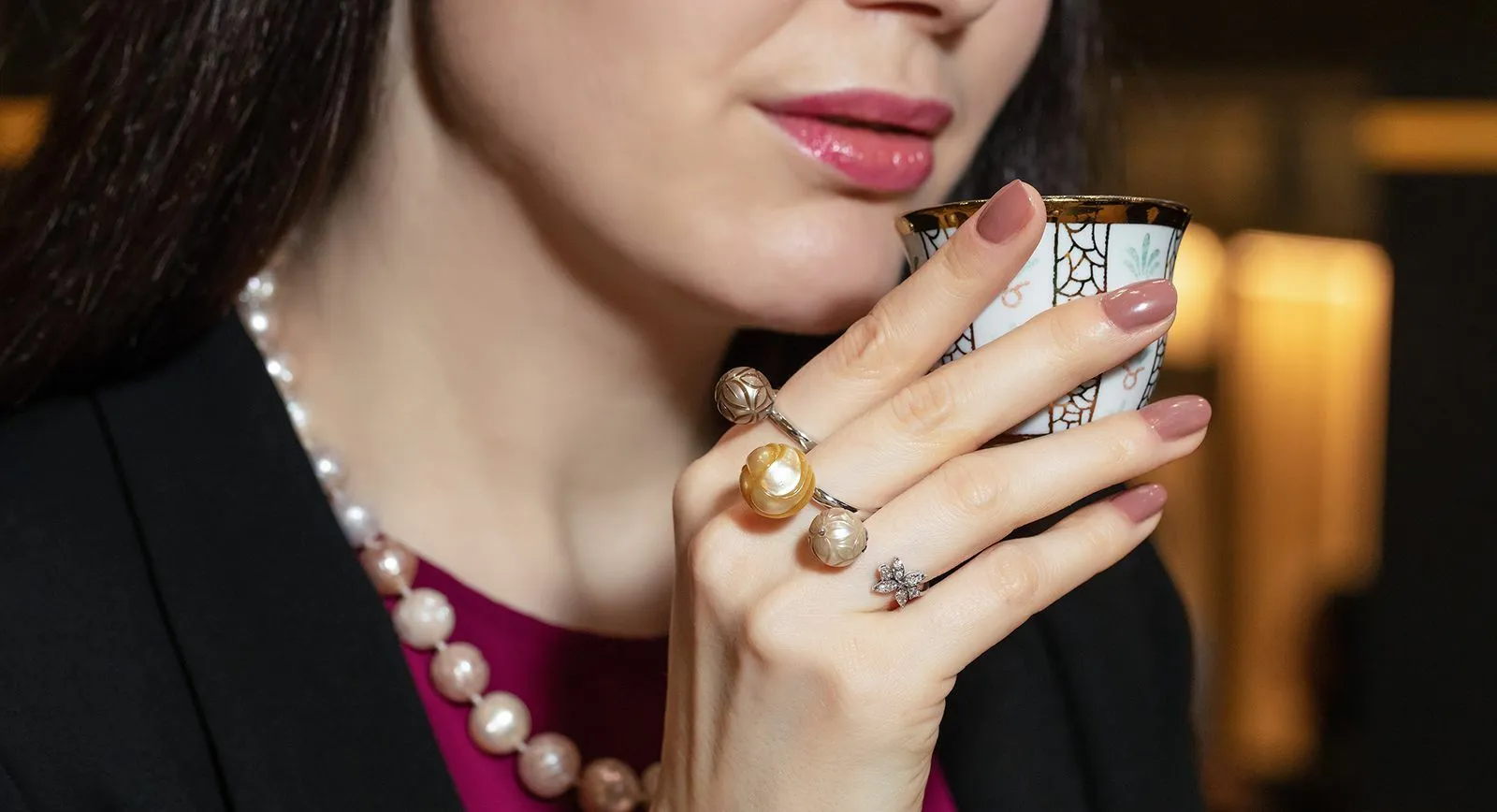
Ask the Experts: Is a Pearl Engagement Ring a Good Idea?
When Dave McCary asked for Hollywood actress Emma Stone’s hand in marriage in December of last year, the consensus on the Kataoka pearl engagement ring he proposed with was unanimous: it was exquisite. Created by the Japanese jeweller Kataoka, the ring had the kind of feminine, fairy-tale beauty that Kataoka excels at and, at its heart, a luminescent white Akoya pearl.
One of my most treasured possessions is a Tahitian pearl ring that I am extremely careful with. I only wear it on special occasions and at all other times it is kept in its box, separate from my other jewels, to preserve the lustre of the pearl. Am I being over-protective? Is it possible to wear a pearl ring every day without damaging it? Are pearl engagement rings actually a good idea? I knew who would be best able to answer these questions: the jewellers who work with pearls every day.
This story is available to Katerina Perez Club members.
Monthly access
Unlock Club features
£15/month
Billed monthly. Cancel anytime*
Annual access
Unlock Club Features
and save 13% on membership
£13/month
Billed annualy. Cancel any time*
All Membership Features
- Access to exclusive articles
- Daily bite-size news in Jewellery Chronicles
- Jewellery Calendar of events across the globe
- Curated list of articles from 50 other platforms
- Invites to online and offline KP Club events
- Receive Monthly Newsletter
- Save articles and Images into favourites
Already have an Account?
